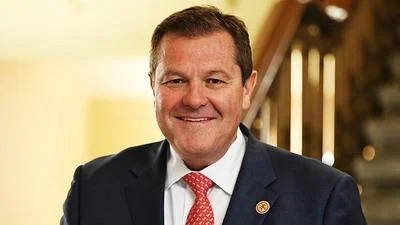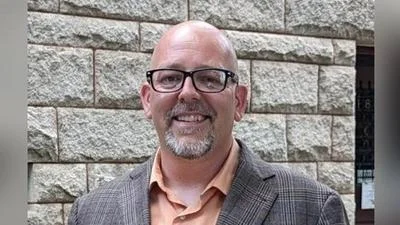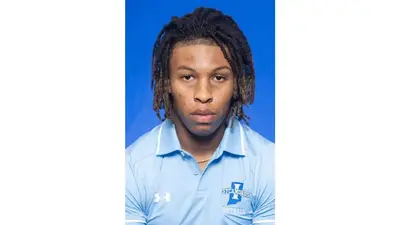State Representative Wayne Rosenthal (IL) | Representative Wayne A Rosenthal (R) 108th District
State Representative Wayne Rosenthal (IL) | Representative Wayne A Rosenthal (R) 108th District
Illinois House Republicans have expressed their concerns following the announcement by the Pritzker Administration of a projected $3.2 billion budget deficit for fiscal year 2026. The Republicans criticized what they describe as irresponsible budgeting by the supermajority, citing reliance on temporary financial measures and tax increases.
Despite an increase in taxes amounting to $1 billion in fiscal year 2025, the administration is now requesting state agencies to suggest cuts to programs and operations. This move comes as a response to address the significant deficit, which Republicans argue could have been avoided with better fiscal management. They attribute the issue to temporary federal funds from the COVID-19 pandemic being used for unsustainable spending priorities.
House Minority Leader Tony McCombie stated, "House Republicans support the ongoing budget review process led by the Governor’s Office of Management and Budget (GOMB). However, we urge the Administration to share the results of these exercises transparently with legislators and appropriation committees."
The rising costs in recent budgets are attributed to several factors including Medicaid expansions, increased funding for education, public safety reforms under the SAFE-T Act, human services programs, and group health insurance expenses. These initiatives were implemented without a long-term financial plan.
Deputy Minority Leader Ryan Spain remarked on past warnings about spending outpacing revenue growth: "For years, House Republicans have warned that the Majority Party’s insatiable appetite for spending would outpace the state’s revenue growth." He noted that these warnings were dismissed by Governor Pritzker.
Rep. Rosenthal added criticism regarding overspending: “It’s a real problem when the majority party continues to overspend on additional state programs and projects with lack of funding.”
As lawmakers concluded their legislative veto session in Illinois House, they are set to return for further discussions during the Lame Duck Session early next year.






 Alerts Sign-up
Alerts Sign-up